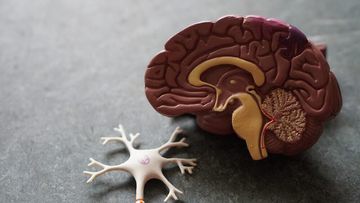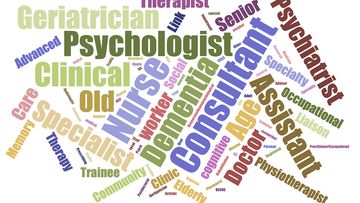Expert consensus published on Mild Cognitive Impairment
KnowledgeBrand new consensus guidance around Mild Cognitive Impairment (MCI) has been developed by a group of experts in Manchester. The consensus was published on 17th November by a collaboration across the NHS, voluntary sector, pharmaceutical industry and academia.
Spearheaded by the University of Manchester and Greater Manchester Health and Social Care Partnership through its Dementia United programme, the work gives a fresh focus on how MCI should be recognised, diagnosed, and treated.
Around ten to 15 percent of those living with MCI go on to develop dementia per year, whilst a significant proportion will remain stable or improve, making this confusing and challenging for patients and doctors alike.
This new review lays out three key areas to consider as we think and deal with MCI.
- MCI should be recognised as a clinical syndrome caused by different underlying diseases.
- Clinicians should try their best to provide patients with an explanation for their symptoms. This will vary from patient to patient, but in many cases it may be appropriate to use scans, lumbar punctures and other tests to try and make as accurate and early diagnosis as possible.
- There should be national guidance on dealing with MCI to provide consistency to clinicians and the patients they treat.
Any future treatments are likely to need to be given early in the disease process, making a strategy for dealing with MCI even more important.
The authors also recommend that those with MCI should be routinely offered the opportunity to participate in clinical trials and other research studies, citing the national ‘Join Dementia Research’ service, which is partnered with Alzheimer’s Research UK and Alzheimer’s Society.
Dr Ross Dunne
Consultant old age psychiatrist, Greater Manchester Mental Health NHS Foundation Trust
Dr Ross Dunne, Consultant psychiatrist from Greater Manchester Mental Health NHS Foundation Trust, and lead faculty for Dementia Academy, said:
More information
- Read the full press release below.
- Read about Jaz, a person who experiences MCI, via a blog from Alzheimer’s Research UK
- Find out more about service models to diagnose and treat MCI via the Brain Health Clinic blueprint and the expert consensus behind it.
- Find out what Dementia Academy is doing to support education around MCI
Press release
Related articles
Promoting prevention, supporting management
Led by proactive clinicians determined to see improvement in the way we prevent, diagnose and manage dementias, Dementia Academy supports healthcare professionals with the latest tools, resources and courses to do just that.



